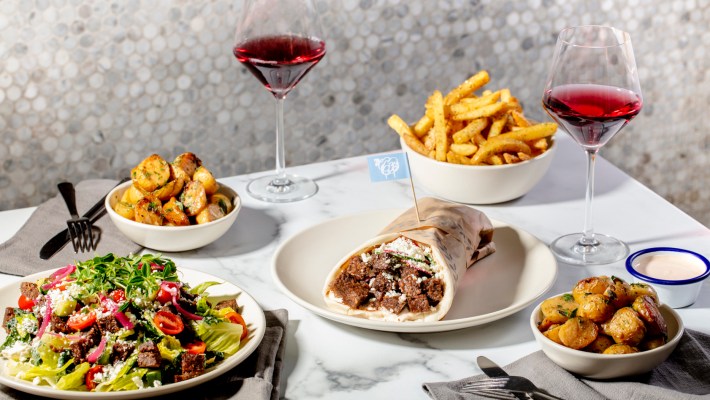Black Sheep Foods, a food tech company making plant-based heritage breed meats and wild game, took in $5.25 million in seed funding as it continues developing its patent-pending flavor compounds.
Sunny Kumar, co-founder, told TechCrunch that where some plant-based meats fall short is relying on the taste to be generated by the mouth. Rather, his company is creating flavors that are detected in your nose and at the right time.
“[Mouth taste] is a rudimentary way,” he added. “We are working on compounds that can be detected in the nose. When people hunted and gathered, they used their nose.”
Since 2019, Black Sheep Foods has been working in R&D to create the compounds, composed of pea protein and fatty acids, and how best to deliver them.
While plant-based versions of chicken and beef have become popular in recent years, Kumar believes that meats, like lamb and other game, that are main parts of diets in the Mediterranean, India, the Middle East and Africa, were left behind by the trend.
The trend he is referring to is the global plant based-meat market that was estimated to be valued at $6.67 billion in 2020. As more people examine their diets and seek sustainable methods for food, that market is expected to reach $16.7 billion by 2026.
The new funding received gives the company an opportunity to propel the plant-based versions of these meats to a more mainstream audience, especially those that Kumar said have tried lamb before and didn’t like the taste.
Black Sheep’s backers include AgFunder, Bessemer Venture Partners, Tastybites’ Meera and Ashok Vasudevan, New Crop Capital, Siddhi Capital and Smita Conjeevaram.
The company put out its plant-based lamb last year with restaurant partners, including Greek restaurant Souvla in the Bay Area. Kumar said the addition was the first time in seven years that Souvla made a change in its menu. This year, the restaurant will introduce Black Sheep Foods meatballs to their Delta Airlines offerings available to first- and business-class travelers.
This month, the lamb will begin being offered at other Bay Area restaurants like Rooh, Chezchez, Beit Rima, Joyride, Mazra, Monica’s and Ettan.
Kumar plans to use the new funding to answer the common question he gets about how big the market is for lamb and on R&D to continue to push into the synthetic biology space with other flavors, like wild boar.
“The biggest hurdle is getting people to sample the product,” he added. “We sell through our current chef partners, and we have sold out. We’ve looked at how much other plant-based companies are selling and we are beating that metric.”
